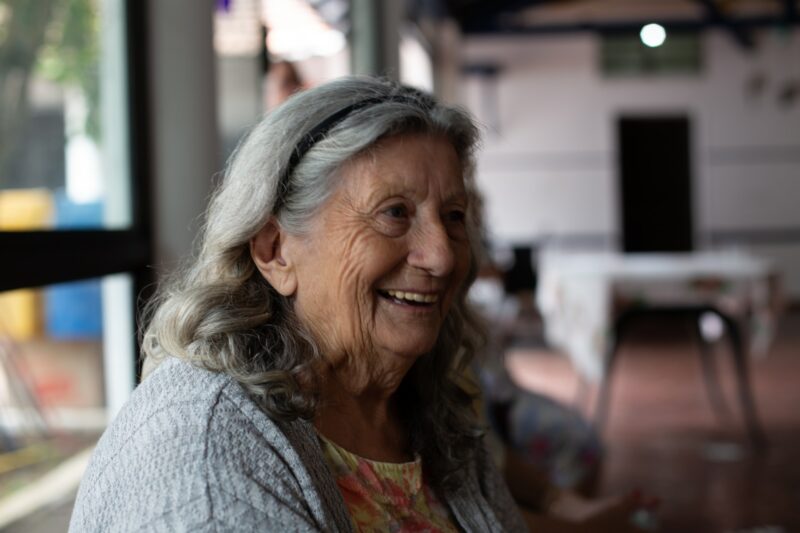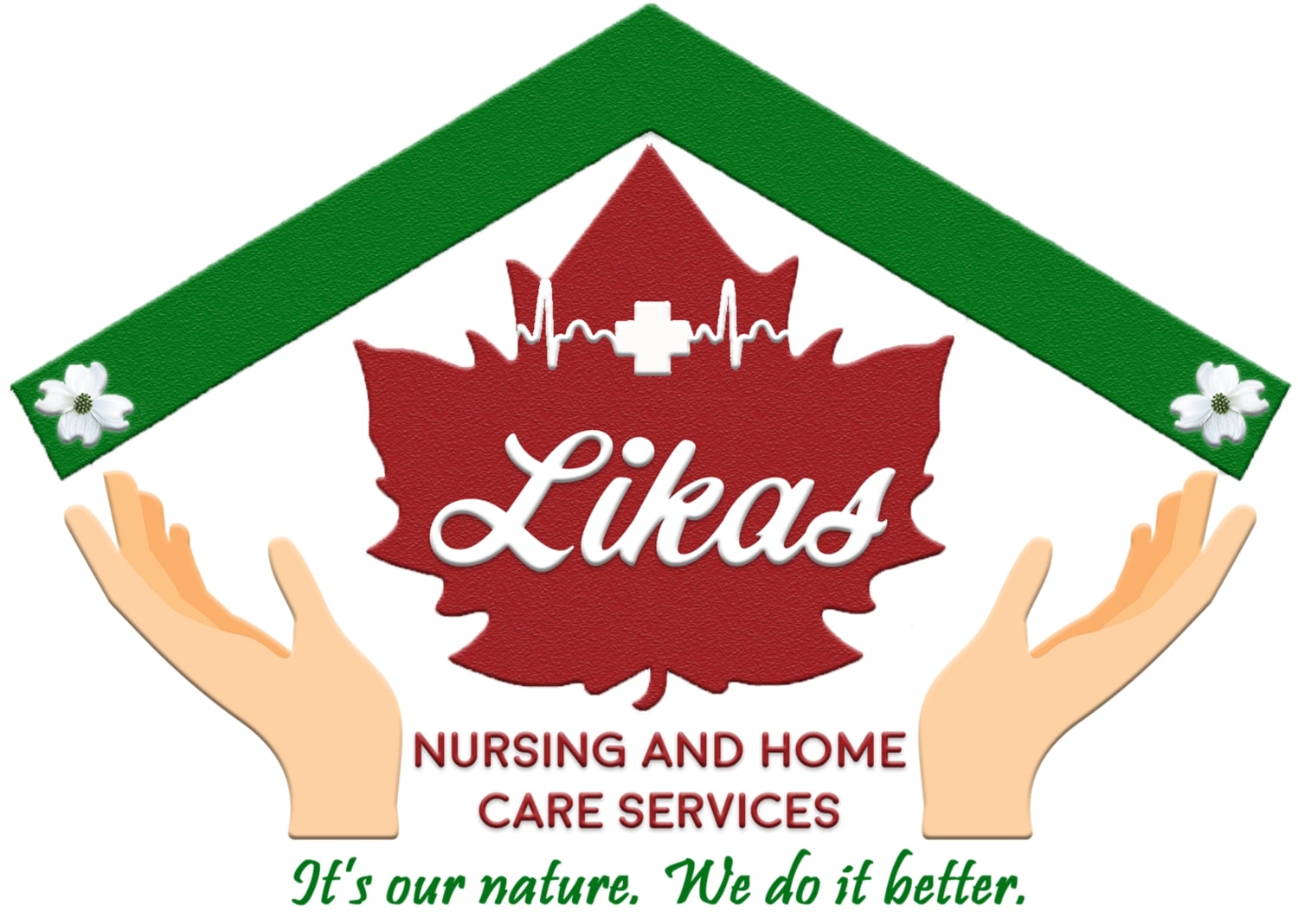
A smile is worth a thousand words, they say. But what is it worth at fifty years… and beyond?
There are a lot of changes that we undergo as we age. Our skin loses elasticity, our bones can weaken, and our eyes become more blurry. But even though our smiles do not fade, our teeth also age. Here are some of the changes that happen with normal wear and tear.
Effects of aging on teeth and gums
1. Thinned enamel
This can cause teeth to look thinner and more translucent. Thinning of enamel can be due to consuming a lot of acidic foods or drinks, celiac disease, or genetics. A thinned enamel can result in white spots or tiny grooves on the teeth and sensitivity to hot or cold food or drink. The thin enamel, after having worn away, results in yellow tooth discoloration due to the exposition of yellow dentin. It can also predispose to cavities.
2. Unhealthy gums
If you do not floss daily or take care of your teeth, you may have gum inflammation. This can show as bleeding even with light pressure, such as when you are brushing your teeth. Burns to the gums may also be more frequent because of increased spiciness in the food to compensate for weakened taste sensations. Gum burns may unfortunately progress to mouth sores.
3. Dry Mouth
Over the years, as you age, there will possibly be a decrease in saliva, due to decreased production of the salivary glands. This can also be a side effect of any medications. Having a dry mouth can predispose to a lot of problems, such as having increased bacterial buildup, which in turn can lead to plaques. This can set the stage for other problems, such as cavities, receding gums, and tooth loss. On a more acute basis, this can lead to recurrent bad breath.
4. Gum recession
Gums can recede due to the bone and muscle loss that is inevitable with age. When severe, receding gums can result in teeth loosening and eventually falling out.
Keeping your teeth healthy
Even with these inevitable changes, there is no need to worry if you maintain dental health. Here are some tips to minimize the impact of aging on your teeth and gums.
1. Stop smoking.
Cigarettes not only adversely affects your oral health but also the rest of your body. It can also predispose to cancers in the mouth.
2. Visit your dentist regularly.
An annual visit will ensure that a dental professional can check on the health of your gums and teeth and ensure there are no cavities that need treatment. Professional cleanings will also remove plaque buildup, giving your mouth that new refreshing feeling. Remember that you still need to see your dentist, even if you are wearing dentures.
3. Drink plenty of water.
Hydration is key to combat the effects of having dry mouth. Tap water is more likely to be fluoridated, and this can strengthen your teeth.
4. Floss and brush your teeth daily.
This is preferably done after every meal. Be careful, however, not to brush your teeth too hard, lest you strip if of enamel. Using an electric toothbrush may also be helpful, especially if there is a decrease in manual dexterity. Make sure to also have soft bristles and to replace them every 3 months or when necessary.
5. Avoid trauma to the teeth.
This includes chewing on ice and using your teeth to open bottles or food packaging. Doing this can result in small fractures in your teeth and can increase teeth sensitivity. It can even eventually break your teeth!
6. Watch your diet.
Cut son on acidic foods and drinks, as well as those that are high in sugar.
7. Ensure that your oral appliances fit well.
This includes dentures and dental bridges. Ill-fitting dental appliances can cause mouth sores and make it difficult to brush your teeth, thereby compounding the problem. Remember to also keep them clean.
Now that you know how to take care of your teeth, there will be more reasons to smile with every birthday you celebrate!
Here to help
If you need someone to help care for your elderly loved one or to accompany him or her to her medical and dental appointments, give us a call! We offer personalized care and medical escort services, delivered by licensed nurses and other health professionals.



